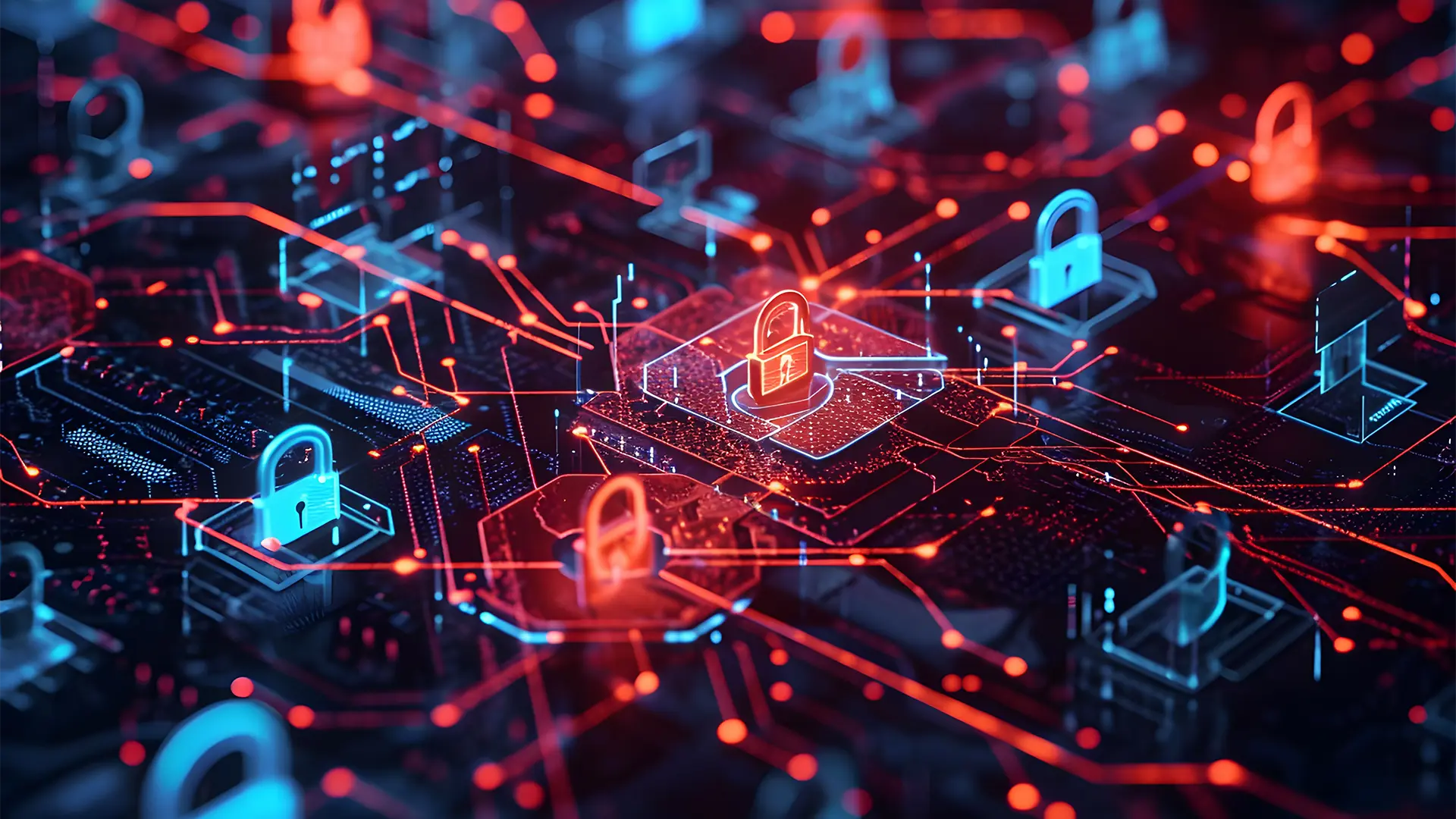Table of contents
- Introduction to endpoint security
- Components of endpoint security
- Endpoint security solutions
- Cyber threats and attacks on endpoint devices
- Best practices for endpoint security
- Future trends in endpoint security
- Endpoint security cannot be missing from a company’s strategy
Introduction to endpoint security
Endpoint security represents a crucial element in protecting corporate networks, especially in an era where cyber threats are constantly evolving.
But what is endpoint security? It is an approach to protection that includes a series of measures and solutions designed to protect end devices. End devices refer to computers, laptops, tablets, and mobile devices from malicious attacks.
In a corporate context, these devices can often be the main access points for attackers, making their protection vital for the overall security of the network.
Components of endpoint security
The endpoint devices that make up the corporate network are diverse and include PCs, laptops, mobile devices, and more. To protect these devices, companies can adopt various endpoint security software, including antivirus, firewalls, and Endpoint Detection and Response (EDR) solutions.
A key element of many security solutions is the centralized management console, which allows the security team to monitor and manage the security of all devices from a single control point.
Endpoint security solutions
The endpoint security solutions on the market are numerous and varied, offering features ranging from basic antivirus protection to sophisticated threat detection tools.
When choosing an endpoint security solution, it is important to consider the specific needs of the company, compatibility with the operating systems used, and the ability to scale with the company’s growth. Effective implementation of these solutions requires careful planning and ongoing management to ensure that all endpoint devices are always protected.
Cyber threats and attacks on endpoint devices
The cyber threats that can affect endpoint devices are numerous and constantly evolving. These threats include malware, ransomware, phishing, and zero-day attacks that can cause significant damage to corporate data.
Recent examples of cyberattacks have shown how vulnerable any inadequately protected device can be. To defend themselves, companies must adopt advanced security techniques, such as the use of artificial intelligence for threat detection and the implementation of regular software updates.
Best practices for endpoint security

Adopting preventive security measures is essential for protecting endpoint devices. These measures include training staff on cyber security, implementing strict access policies, and regularly maintaining devices with software updates.
Additionally, the role of the security team is crucial for constantly monitoring threats and responding quickly to security incidents.
Future trends in endpoint security
Emerging technologies are revolutionizing the field of endpoint security. Innovations such as the use of artificial intelligence and machine learning are improving the ability of security solutions to detect and respond to threats in real time.
Moreover, with the increase in remote work, security solutions must adapt to protect mobile devices and other endpoints that connect to the corporate network from outside the office. Predictions indicate that endpoint security will continue to evolve to address new challenges and effectively protect corporate data.
Endpoint security cannot be missing from a company’s strategy
In summary, endpoint security is an essential component of any company’s cyber security strategy. Protecting endpoint devices not only prevents data breaches but also safeguards the integrity and reputation of the company. It is imperative that companies adopt effective endpoint security solutions and keep them updated to face the ever-evolving cyber threats.
FAQ
- What is endpoint security?
Endpoint security is a protection approach aimed at protecting end devices such as computers, laptops, and mobile devices from cyber threats. - What are the main types of endpoint devices?
The main types of endpoint devices include PCs, laptops, tablets, smartphones, and any device that can connect to the corporate network. - What are the most common threats to endpoint devices?
The most common threats include malware, ransomware, phishing, and zero-day attacks. - How can I choose the best endpoint security solution for my company?
To choose the best solution, consider the specific needs of your company, compatibility with your operating systems, and the ability to scale with the company’s growth. - What is the role of the security team in protecting endpoints?
The security team is responsible for monitoring threats, implementing security measures, and responding quickly to security incidents. - Why are software updates important in endpoint security?
Software updates are crucial because they fix security vulnerabilities and improve protection against new threats. - What are the future trends in endpoint security?
Future trends include the increasing use of artificial intelligence and machine learning to improve threat detection and adapting security solutions to remote work.
